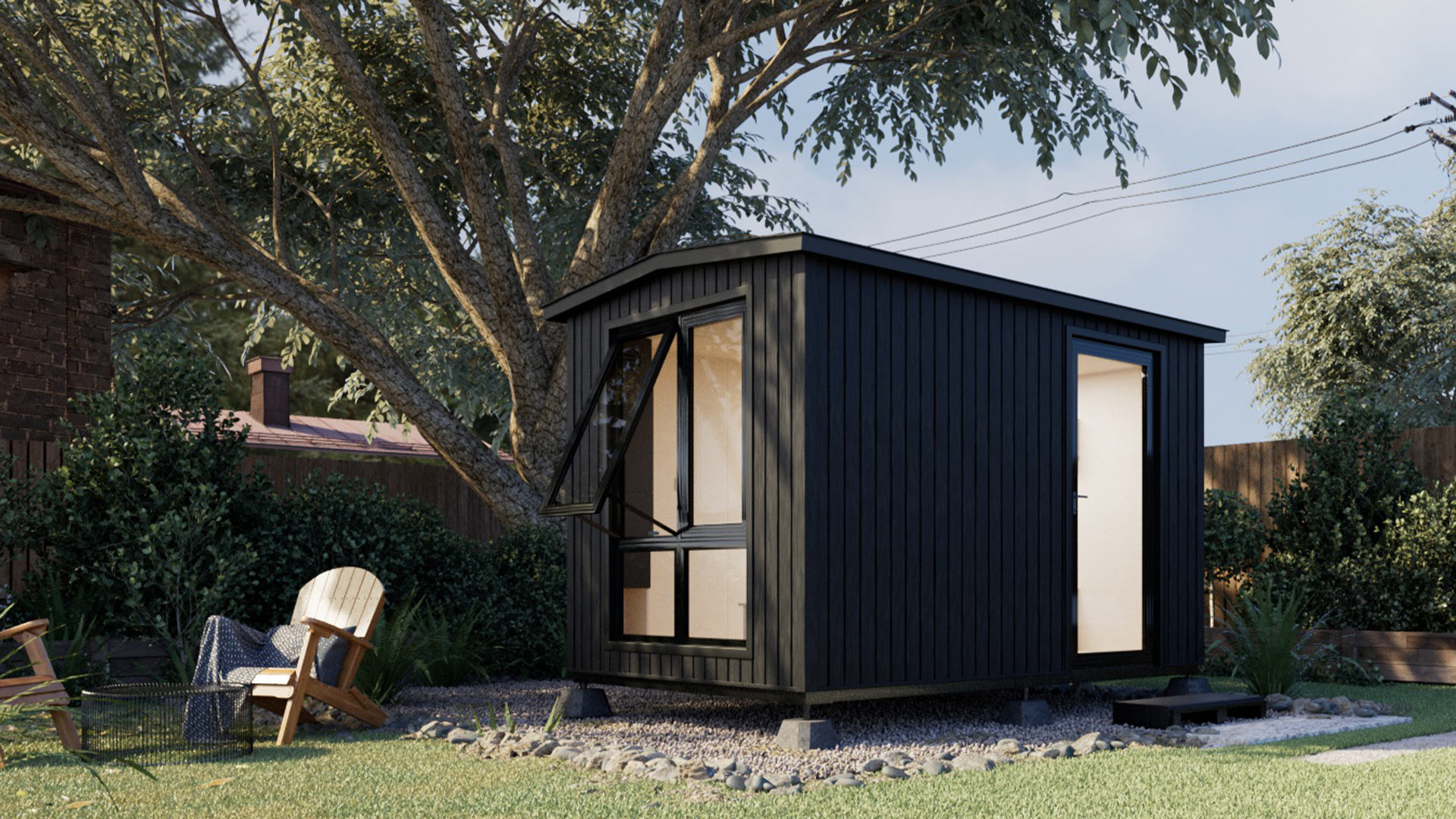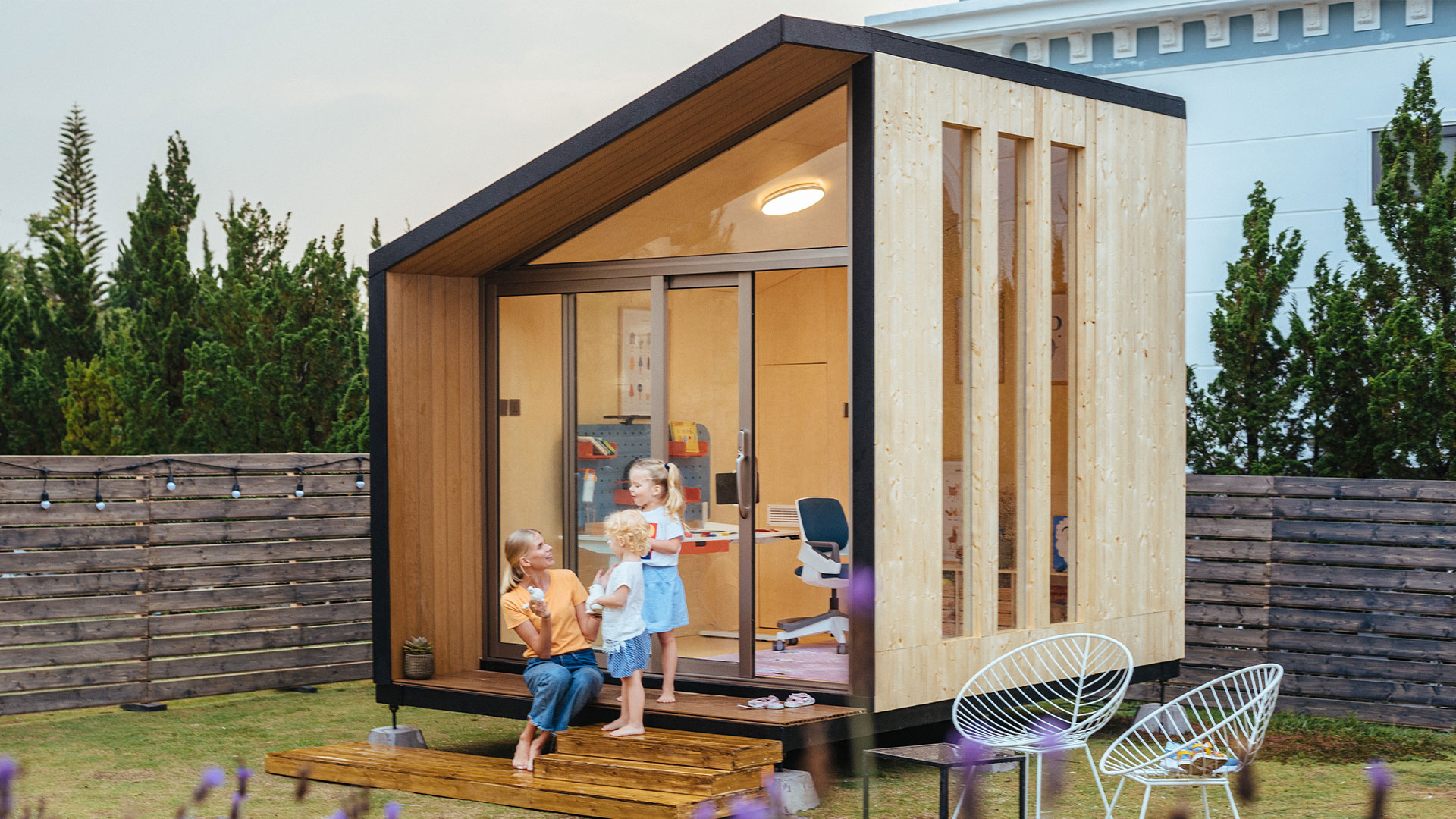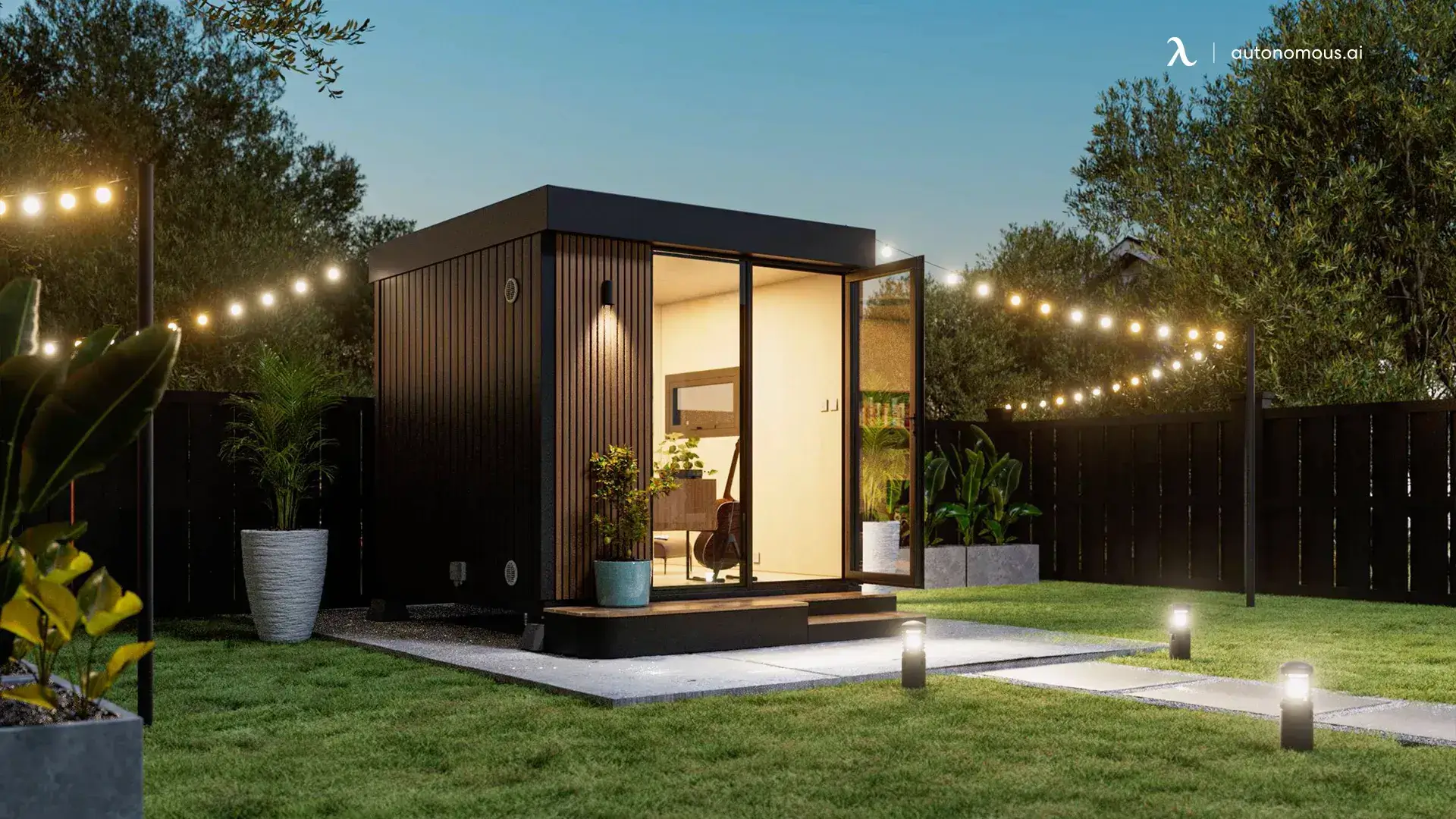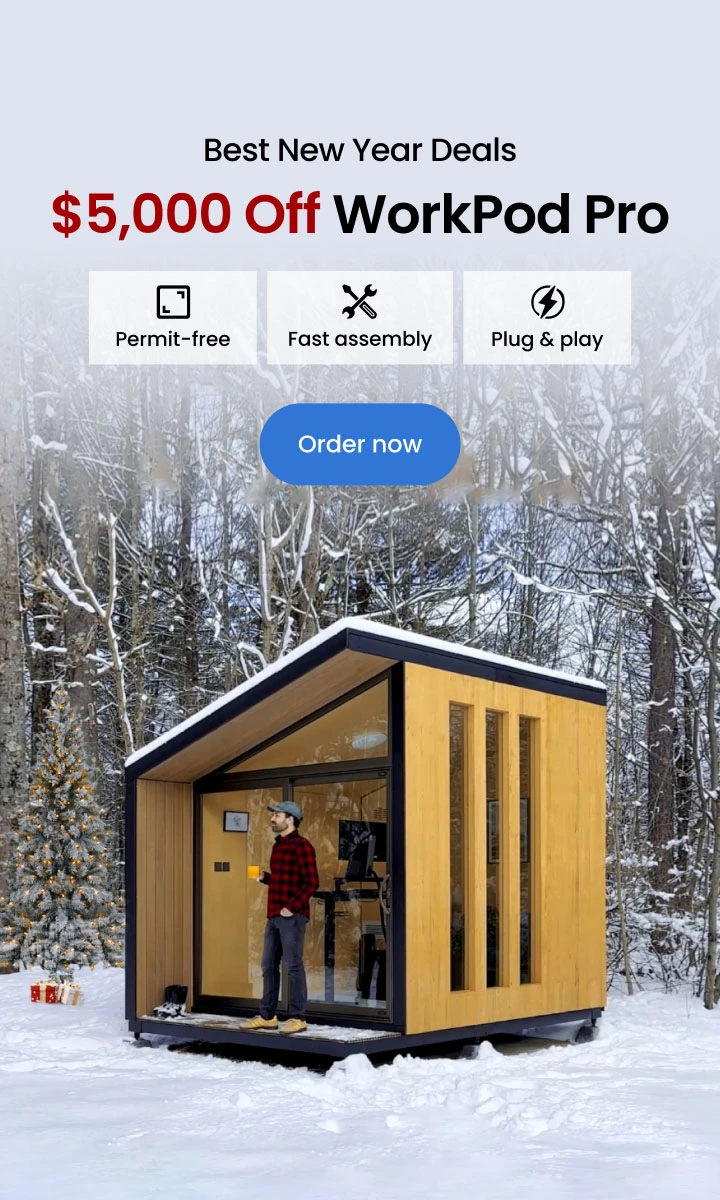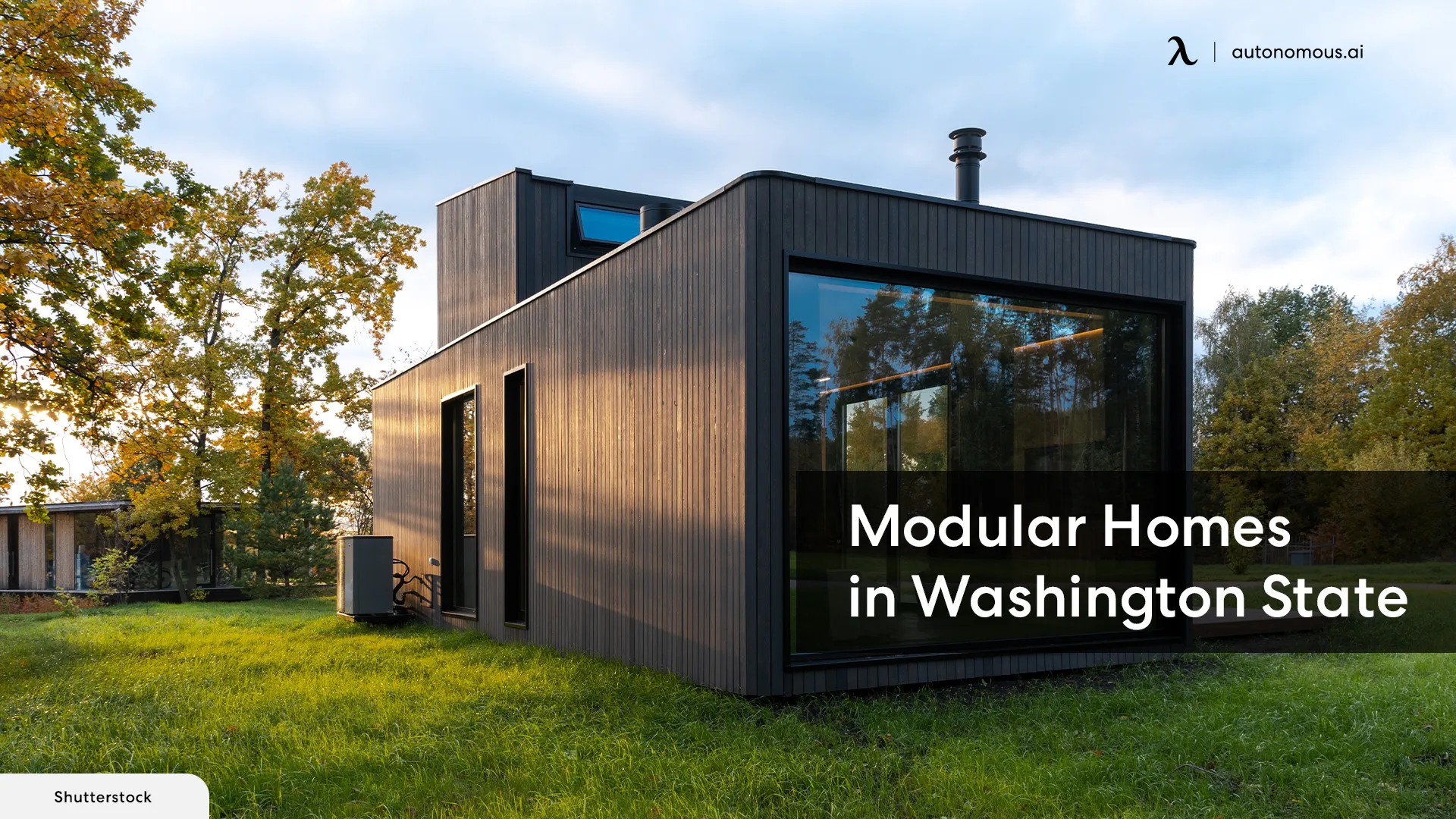
Modular Homes in Washington State: Codes, Regulations, and Requirements
Table of Contents
- What Is an Accessory Dwelling Unit?
- Differences between Manufactured, Mobile, and Modular Homes in Washington State
- Prefab Houses in Washington State
- Example of ADU Codes and Regulations in Long Beach, WA
- Major Changes to Washington's Housing Laws
- Is Washington One of the Best States for Tiny Homes?
- Discovering Autonomous ADUs
- Final Thoughts: Is It Easy to Install Prefab Houses in Washington State?
A prefab accessory dwelling unit (ADU) is a tiny house built in a factory before being placed on a foundation rather than constructed on-site. Since these structures are cheap, they're an affordable and viable housing option. However, there are several regulations and requirements for modular homes in Washington State.
If you want to install a prefab house in Washington State, you should understand these codes and follow the regulations on prefab accessory dwelling units in order to enjoy all the benefits that this type of housing offers while complying with federal and state laws.
Here's an overview of the regulations and legal requirements for Washington prefab homes. If you're interested in installing one in this state, check the following information before doing so!
What Is an Accessory Dwelling Unit?
Understanding the definition of an accessory dwelling unit (ADU) according to Washington law is essential.
In this state, an ADU is a tiny and self-contained residential unit with all the basic facilities you need for everyday life. Although these small houses are located on the same lot as the main residence, they're independent. Therefore, they should have a sleeping area, a kitchen, and a bathroom.
ADUs are smaller than existing family homes but are created as follows:
- A separate unit within the main residential property, such as in a basement or attic
- An addition to the existing family home, such as a separate housing unit with its own entrance
- A separate structure on the lot, such as a converted garage
In some communities, residents can only install ADUs within or attached to the main family home. That means separate structures aren't allowed or recognized as housing units.
Additionally, most codes require that the same person owns both the main residence and the ADU, whether it's attached or detached from the main property.
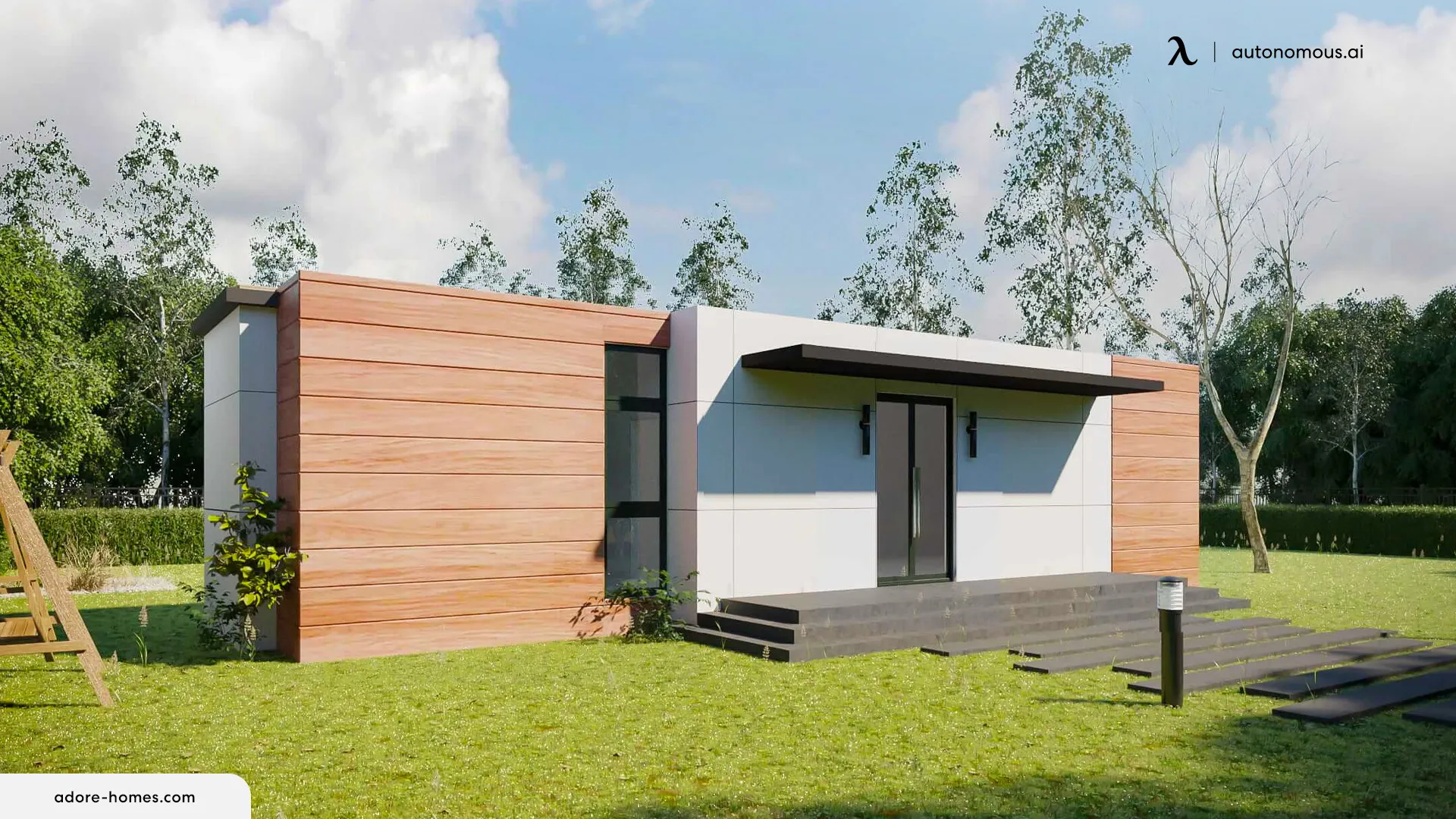
Differences between Manufactured, Mobile, and Modular Homes in Washington State
ADUs can encompass modular, manufactured, and mobile homes. What do Washington laws say about this?
Many people use the terms "modular homes," "manufactured houses," and "mobile homes" interchangeably because they're pretty much the same. However, the definitions and regulations for each type are different in this state.
Washington laws describe "mobile homes" as dwellings built in a factory before June 15, 1976.
However, in this state, a "manufactured home" is a single-family unit built in accordance with the U.S. Department of Housing and Urban Development Manufactured Home Construction and Safety Standards Act. It applies to structures built after June 15, 1976.
Additionally, both types of dwellings differ from "modular homes," which are also known as "factory-built" homes. This category includes units that should be mounted to a permanent foundation.
A modular home must also be connected to required utilities and comply with state and local building codes' regulations and standards.
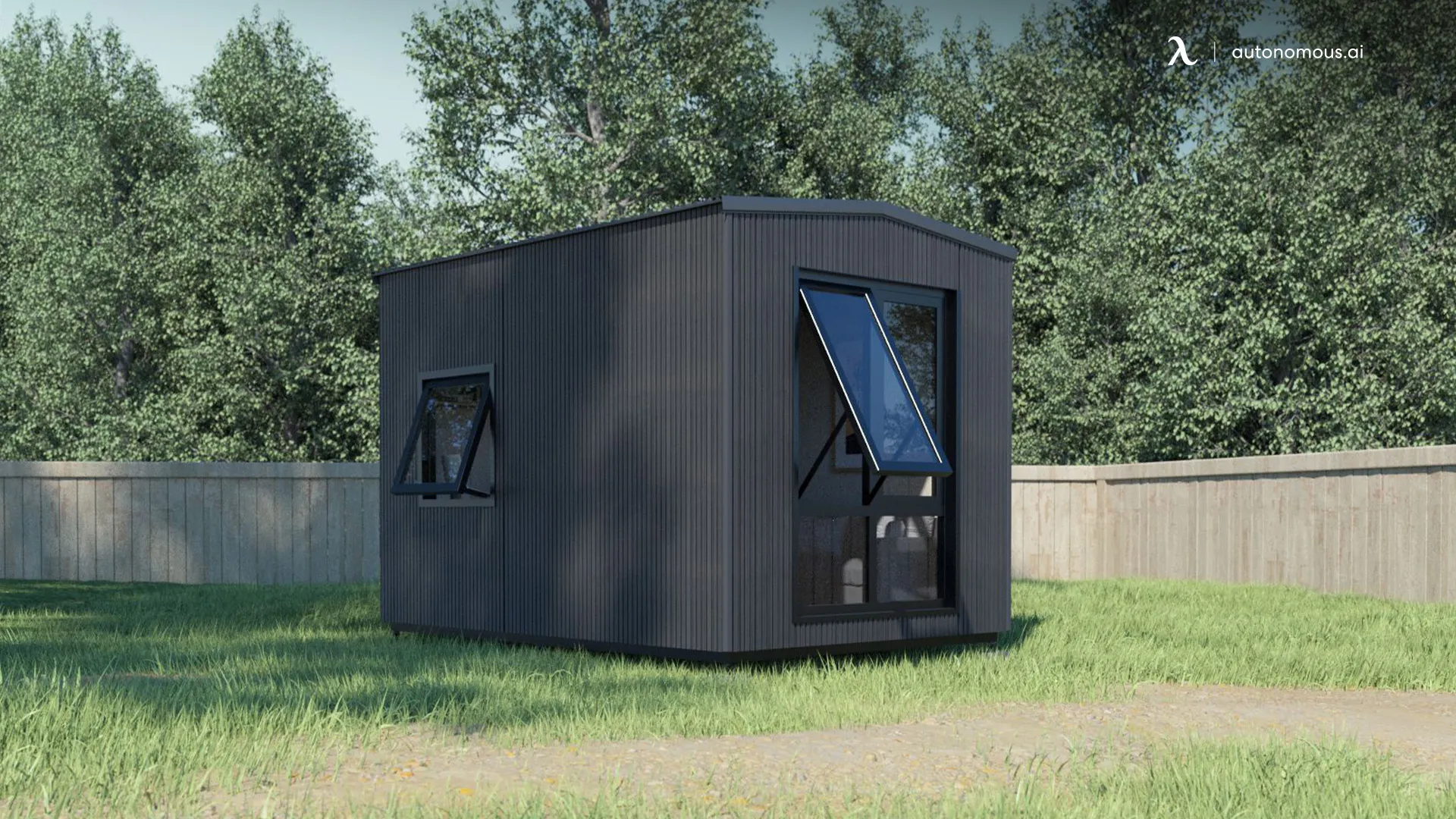
Prefab Houses in Washington State
The 1993 Washington Housing Policy Act includes sections requiring cities and counties to adopt ordinances that encourage ADU development in single-family zones.
This legislation applies to cities with more than 20,000 residents and counties with a population of more than 125,000 or that plan under the Growth Management Act (GMA). However, other communities can allow these structures if necessary.
Can Municipalities Regulate Manufactured Homes in Washington?
Although local governments may encourage the development of ADUs, federal and state laws limit how these jurisdictions can regulate manufactured housing.
Under these laws, local governments aren't allowed to enact construction, energy, and safety standards if they're stricter than the regulations established by the Department of Housing and Urban Development (HUD).
Additionally, the State Legislature requires cities and counties to regulate manufactured homes as they regulate other types of single-family homes if they're built in accordance with federal manufactured housing construction standards.
This legislation allows Washington cities and counties to provide affordable homeownership and rental housing.
In this regard, the State Legislature allows local governments to set several requirements for manufactured homes. These are:
- Be new and set on a permanent foundation
- Comply with the state energy code
- Comply with any local design standards that apply to any other type of home in the neighborhood where it's located
- Meet the requirements for a "designated manufactured home," which is a structure that includes at least two sections since local governments can still regulate "single-wide" manufactured homes differently.
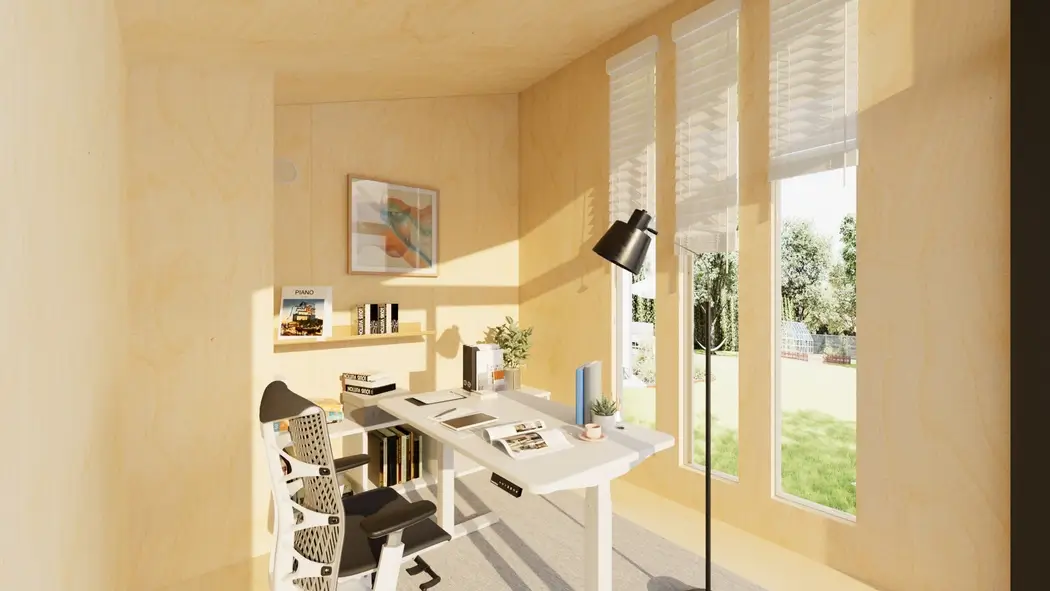
Should ADUs be Attached or Detached from the Main Residence?
Washington cities and counties have adopted ADU ordinances based on the 1993 Act, as these structures allow local jurisdictions to provide different types of affordable housing and meet GMA goals.
Most of these codes allow residents to have attached and detached ADUs, also known as AADUs and DADUs, respectively.
Vancouver is the only exception. In this city, one of the units should be occupied by the property owner.
ADU Design
Different regulations influence the ADU design. Many provisions limit the size of the accessory unit, for example. These tiny homes should be from 600 to 1,000 square feet.
However, in some cities and counties, these provisions limit the size of the ADU according to
the dimensions of the primary residential unit. In these cases, it ranges from 40% to 75% of the area of the main property.
Almost all provisions on prefab houses in Washington State include maximum heights, setbacks, on-site parking, and other ADU-specific requirements. However, as mentioned, this varies by city or county.
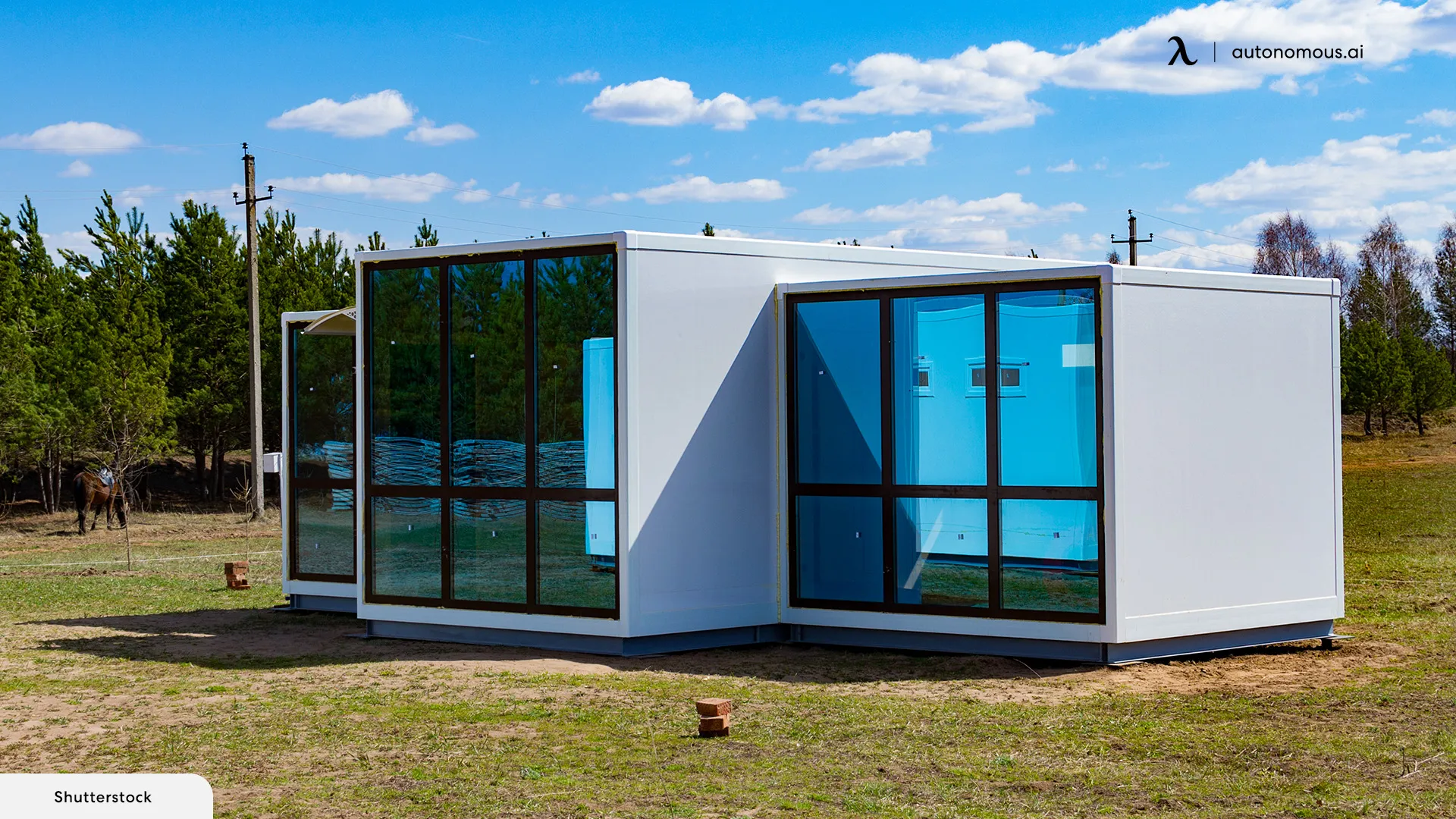
Example of ADU Codes and Regulations in Long Beach, WA
In order to understand how the regulations and standards for WA prefab homes work according to the ADU codes set by each local jurisdiction, let's review an example – Long Beach.
Location
In this city, manufactured homes should be placed in zone districts where these structures are allowed. Additionally, these dwellings are subject to compliance with local requirements, including design rules where applicable.
Size and Height Restrictions
According to Long Beach regulations, manufactured homes must be at least 12 feet wide. Additionally, the maximum height for an ADU is 18 feet if near transit, 25 feet if attached to the main property, and 16 feet if otherwise.
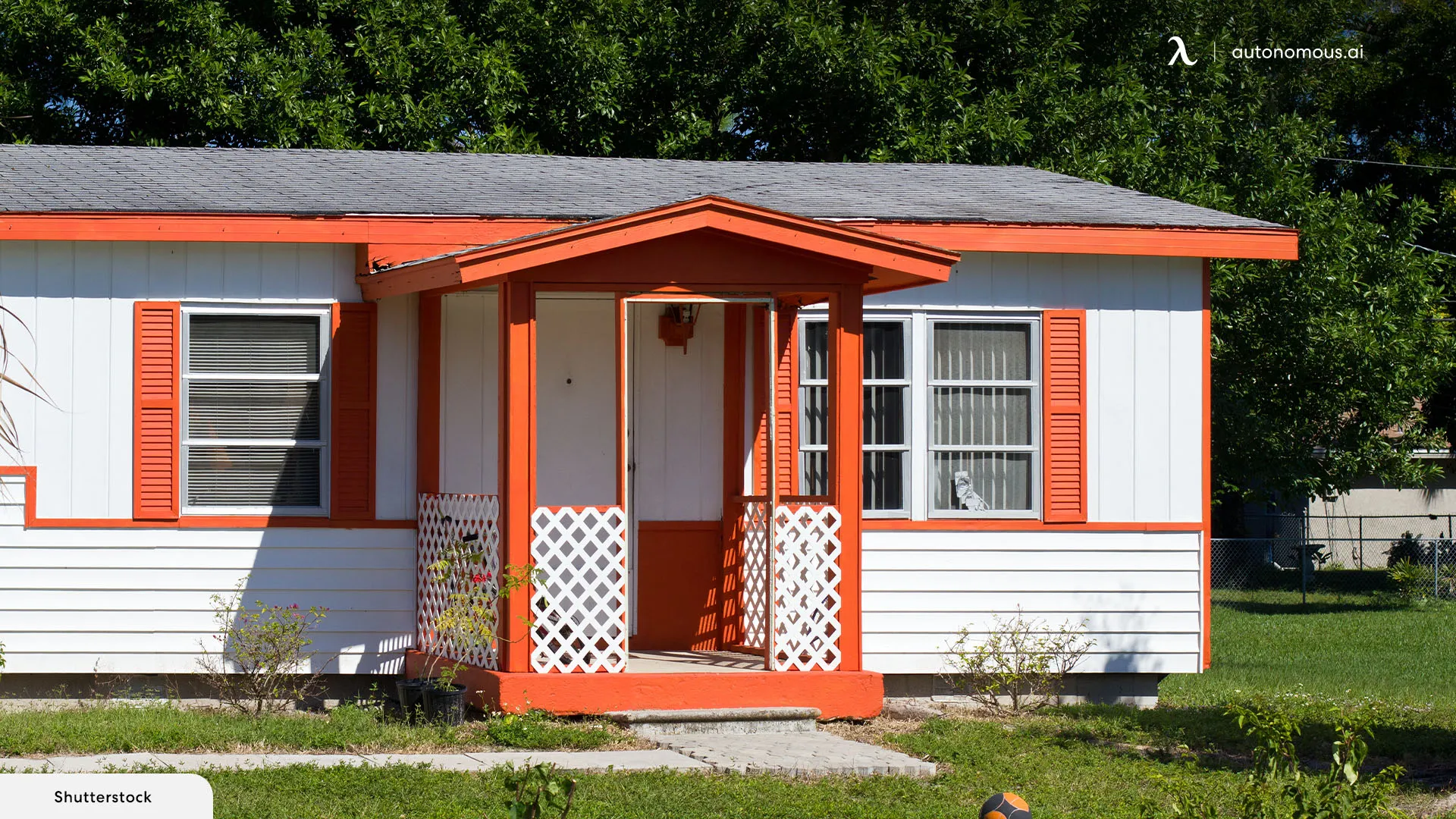
Parking Requirements
In Long Beach, WA, an ADU can only have one parking space or none if near transit. However, this city doesn't require replacement parking for existing residential or garage space conversion.
Setback Requirement and Fire Safety Standard
This is the city's typical setback standard: four feet side and rear for new construction.
However, these requirements are slightly different in manufactured home parks.
Since the Fire Department should have access between manufactured homes, there should be a minimum setback of 10 feet between these structures.
Additionally, if they project no more than three feet from each unit, landings, and stairs should be allowed to project into the setback area, which should be free and clear of structures.
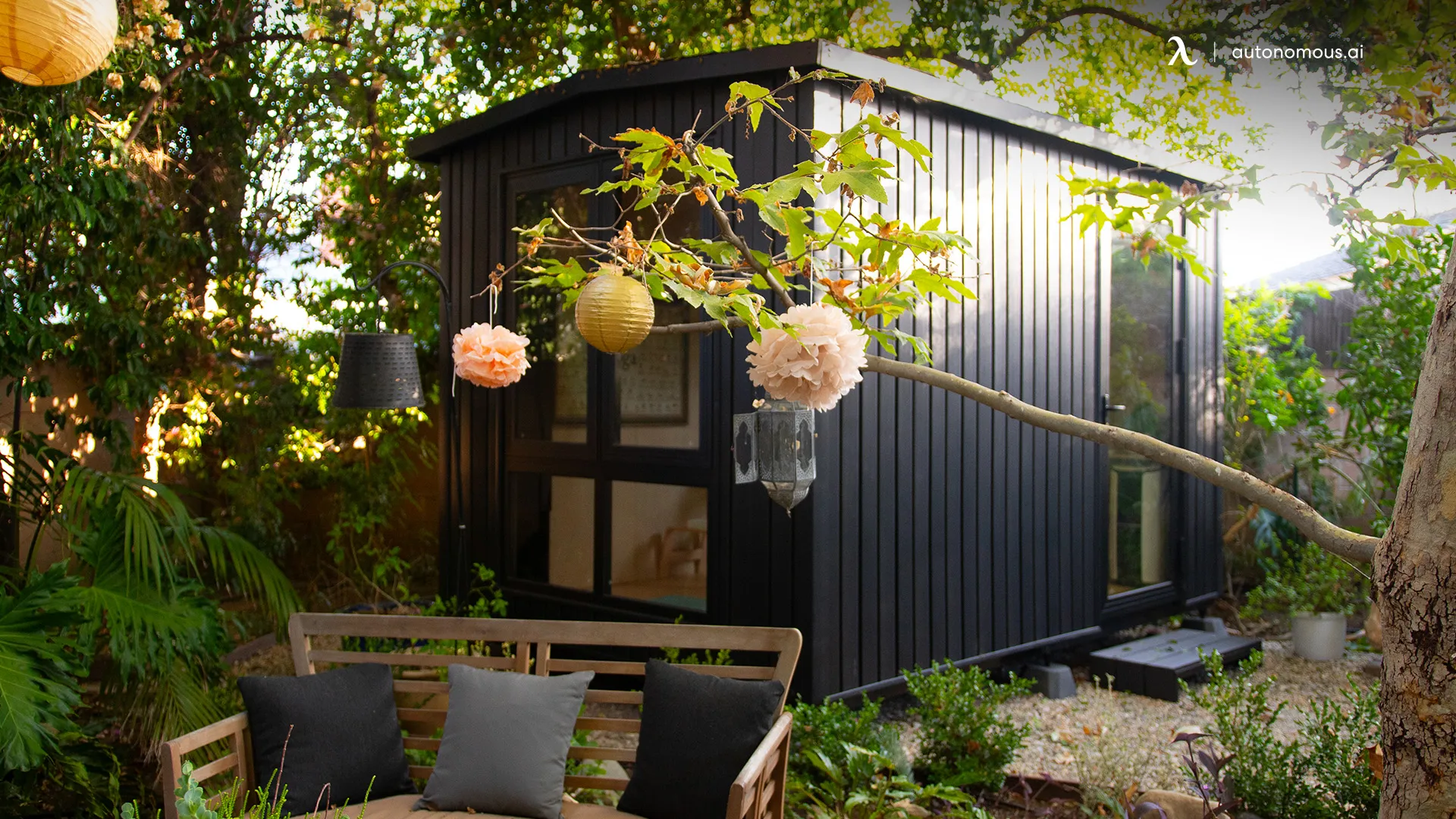
Construction and Development Standards
Residents can only install modern manufactured homes in this city. Additionally, this structure should contain flush-type toilets and other sanitary facilities.
In Long Beach, an ADU should also bear a tag or sign of approval for a prefab home from Washington State.
Additionally, owners should ensure all construction and installation of plumbing, heating, gas piping, wiring, and electrical equipment complies with the Washington statutes and standards.
A prefab home in Long Beach must also comply with the city's building code and the following:
- Foundation requirement: These homes must be placed upon a continuous concrete or cement block foundation, complying with the city's adopted building code.
- Running gear requirement: Any type of running gear, such as towing tongue, wheels, road lights, and axle, must be removed from the exterior view. Furthermore, this structure should be skirted between the ground and the floor.
- Support requirement: Each manufactured home should have concrete or masonry support according to the manufacturer's specifications. Metal stands cannot be used in Long Beach.
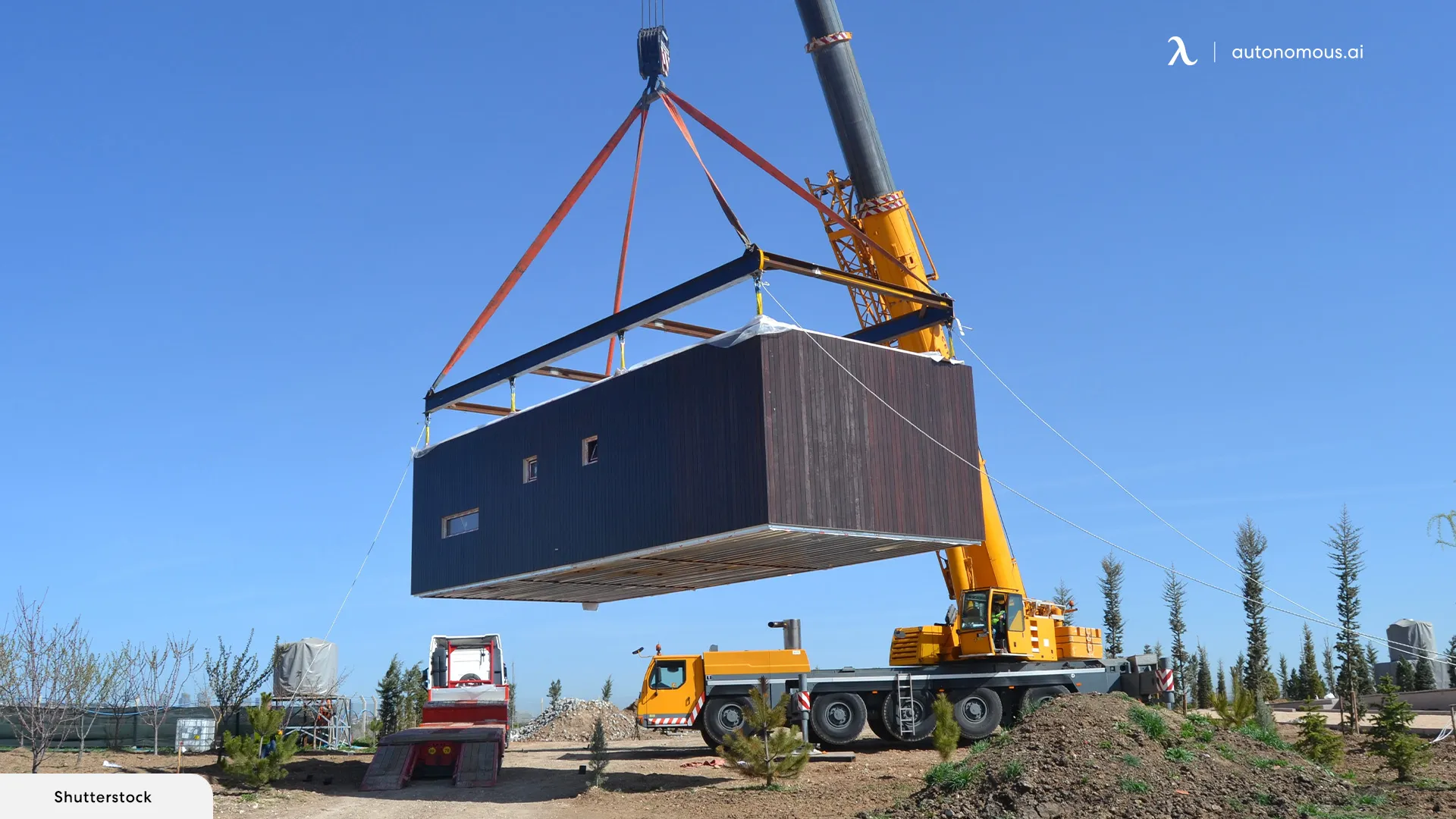
Improvements
Long Beach residents need a building permit from the city to make any building improvements on a lot or parcel if it's necessary to establish a manufactured home.
That permit would be required from the owner of the residential unit where the manufactured home is or will be located.
Additionally, placement fees may apply and should be paid in accordance with subsection 10-2-4B2 of the City Code's Chapter 3, Manufactured Homes and Parks; Recreational Vehicle Parks.
State regulations also say that any alterations to a mobile or prefab home in Washington State must comply with the Manufactured Home Construction and Safety Standards, 24 C.F.R. Part 3280, as adopted by the HUD, and the amendments to the federal standard adopted by the WAC 296-150M-0306.
Energy Code
All manufactured homes in Long Beach should be "thermally equivalent" to the requirements set by the Washington Energy Code.
Major Changes to Washington's Housing Laws
This year, the Washington State Legislature passed several bills to address the affordable housing crisis. ADU Bill – EHB 1337 is one of them.
According to EHB 1337, all GMA-planning local governments should review their regulations according to the following new requirements:
- Two ADUs should be allowed per lot in all GMA urban growth areas, in addition to the primary residence, if the lot meets the minimum lot size required according to the primary unit.
- Local regulations should also allow attached or detached ADUs or a combination of both types.
- Local governments should allow the conversion of an existing structure, such as a detached garage.
- Regarding size limits, local governments cannot require ADUs to be smaller than 1,000 gross square feet.
- Local governments may not require owner occupancy for ADUs or main property.
- There should be no setback requirements, tree retention mandates, yard coverage, or similar restrictions on entry door locations that are more restrictive than those required for the main residence.
- Local governments cannot impose aesthetic standards or requirements for design review if they're stricter for ADUs than for main units. However, ESHB 1293 sets a requirement for clear and objective standards for design review when it comes to a new development's exterior design.
- How much on-site parking can be required has been limited, but these standards may not apply to ADUs located within a half-mile of a major transit spot. Also, there's a sliding scale for smaller lots.
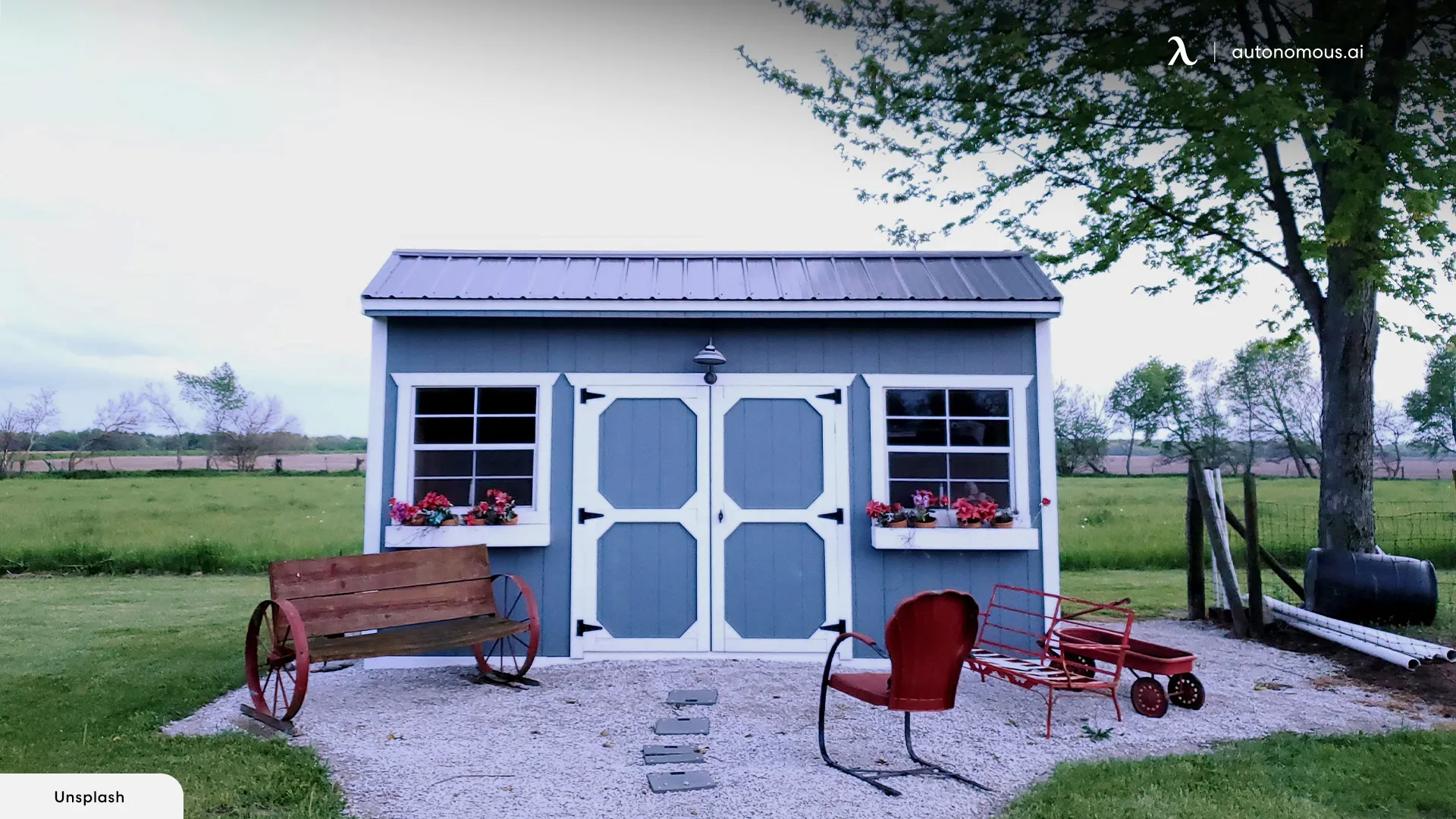
Is Washington One of the Best States for Tiny Homes?
When it comes to modular homes in Washington State, each city and county is free to establish its own rules and standards. However, the state has passed strong ADU legislation that limits local governments' restrictions and requirements in an effort to address the affordable housing crisis.
This makes Washington a good state for those who want to install a home pod and create another living space.
However, California and Oregon are considered the best states for tiny homes. If you want to install a prefab ADU in Oregon, Portland is a great city. Its website is full of helpful information and resources about these structures.
Additionally, Portland offers the ADU SDC waiver program, which is a huge financial incentive for residents, as it waives system development charges (SDCs) under certain circumstances.
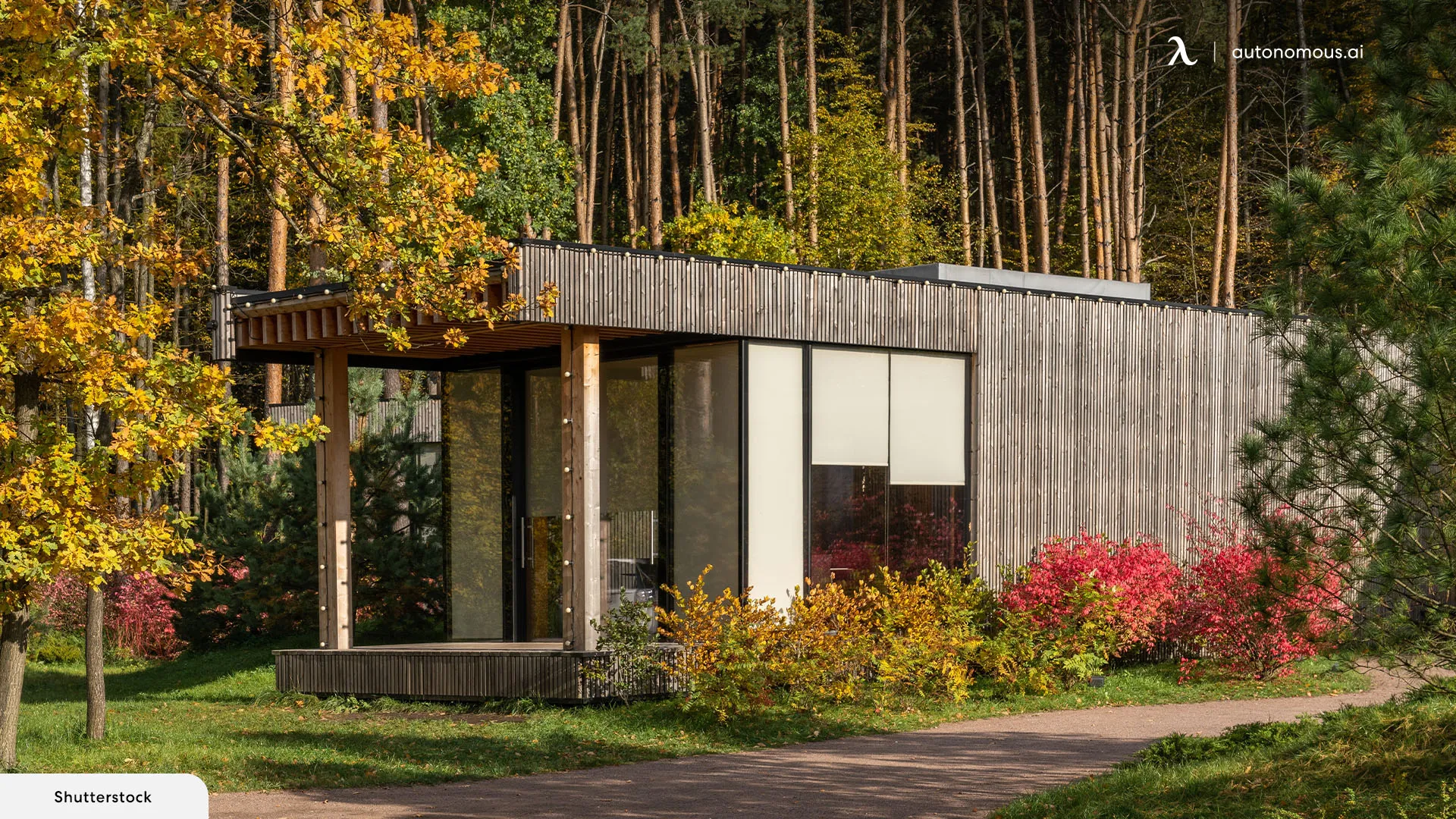
Discovering Autonomous ADUs
Are you considering installing a prefab home in Washington State? Autonomous offers great options, including the following:
1. Autonomous WorkPod Versatile
This prefab studio is a convenient setup for living or working, although you can create any other space with this structure. Plus, it comes with a bookshelf, a desk, a convertible sofa bed, and more.
Pros
- Is multi-purpose
- Includes all the sockets and connections you need for climate control and electricity
- Is sturdy and eco-friendly
- Provides plenty of storage space
Cons
- Requires too much space
2. Autonomous WorkPod
This pod is ideal for those who need a backyard workroom, as it's sound-insulated and reduces distractions.
Pros
- Is fully wired
- Is suitable for other spaces, such as game rooms or yoga studio
- Exceeds factory standards
Cons
- High price
3. Autonomous WorkPod mini
This backyard pod is perfect for those who need a distraction-free workspace but are on a tight budget.
Pros
- Is affordable
- Is high-quality and modern
- Accommodates multiple items
- Pre-wired and prepped with multiple outlets
Cons
- Assembly services not available outside of California
Final Thoughts: Is It Easy to Install Prefab Houses in Washington State?
In Washington, prefab homes have become quite popular as a type of affordable living. Although regulations were stricter before, the state has passed bills that will make it easier to install and use manufactured homes.
As a result, Washington is now considered an excellent state for those who like prefab homes and hope to purchase one.
Additionally, if you're looking for high-quality options with shipping to this state, you can check out Autonomous ADUs!
Spread the word
.svg)

